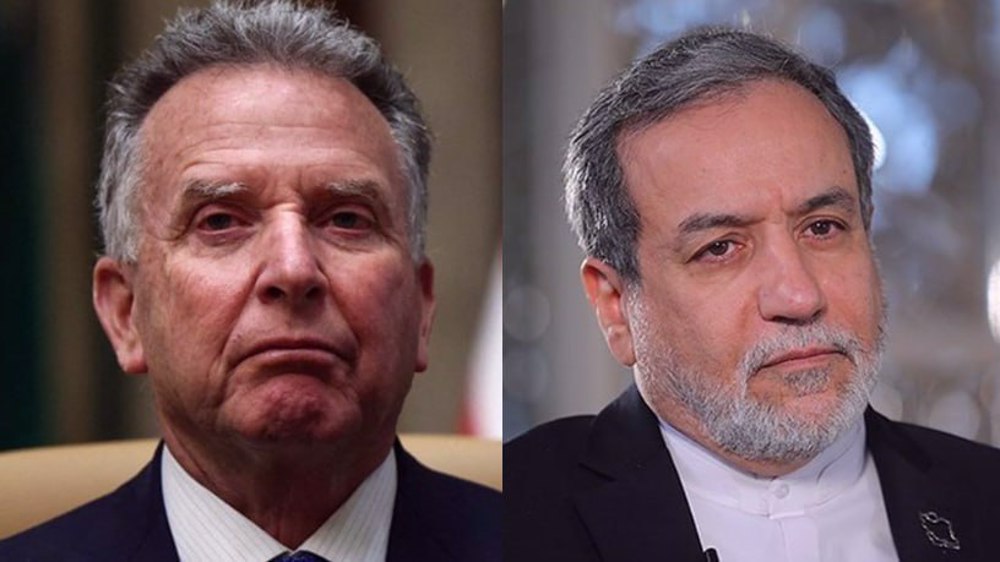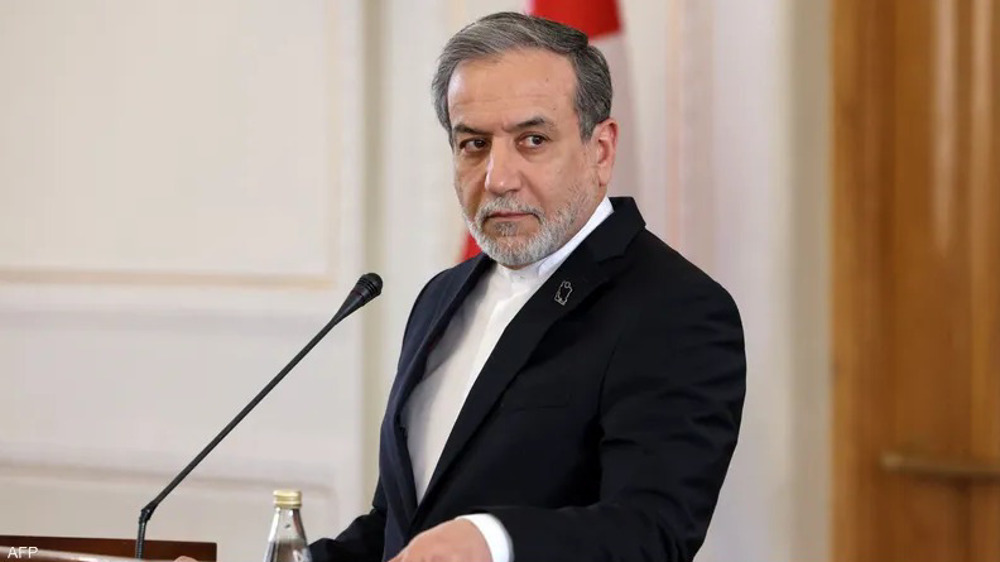Saudi-Qatar rift first fallout of Trump visit: Iran
A senior Iranian official says Saudi-led severing of diplomatic ties with Qatar is the the first fallout from US President Donald Trump's visit to the region last month.
The trip marked the US clinching a record $110-billion arms deal with the kingdom, accompanied by a sword dance which caught many eyes.
"What is happening is the preliminary result of the sword dance," Hamid Aboutalebi, deputy chief of staff of Iran's President Hassan Rouhani, tweeted on Monday after Riyadh took the lead to cut ties with Qatar followed by the UAE, Bahrain and Egypt.
The official took aim at a Saudi-led military coalition which was branded as "Arab NATO" during Trump's visit as Iran was cited an adversary.
“I had already written that the era of creating coalitions and Big Brothers is over, and political domination, security clannishness, occupation, and invasion is not going to bring about anything other than insecurity,” Aboutalebi wrote.
“Today, I am writing that the era of sanctions is over too, and cutting diplomatic ties, closing borders, laying sieges on countries, and ejecting countries out of the selfsame coalition, etc. is not the way out of the crisis,” he added.
Read more:
Saudi Arabia's move was reminiscent of the kingdom's freezing of diplomatic relations with Iran last January, which was followed by Bahrain and a few small nations. Riyadh pounced on angry protests outside its diplomatic missions in Tehran and Mashhad following its execution of prominent Shia cleric Nimr al-Nimr to cut ties with Iran.
Tensions escalated between Riyadh and Doha after Trump's visit because of an article in Qatar's state-run news agency in which the emir criticized the US, Saudi Arabia, and their client states for attempting to stir up tensions with “Islamic power” Iran.
Saudi media accused Qatar of having “betrayed” the other Arab countries particularly at a time when they had attempted to stage a show of “unity” against Iran in an extravagant series of events in Riyadh.
Aboutalebi chided Saudi Arabia and its allies for the "fragile" coalition, saying these countries have no other option but to start regional dialog.
"Saudi Arabia, Egypt, the United Arab Emirates and Bahrain which are fragile to such an extent in the face of a small country have no other way than democracy inside and dialog in the region," he said.
"The question is how a small country has been able to topple the Bahraini government, support Daesh and al-Qaeda as well as extremism in the Sinai Peninsula and cause split in the coalition," he wrote, referring to each of the accusations which the four countries have cited in cutting ties with Qatar.

The US cited Iran as the target of the arms deal, saying it was meant to curb what it called the Islamic Republic's “adverse influence” in the region.
“You cannot do a sword dance at one place, and court others elsewhere,” Aboutalebi said.

Araghchi, Trump’s envoy Witkoff to hold ‘indirect’ talks in Oman: Report

FM: Iran, US holding ‘high-level talks’ on Saturday in Oman

Pezeshkian: Iran open to talks but not ‘at any cost’; US yet to demonstrate seriousness
Trump threatens additional 50% tariffs on China as trade war escalates
Pro-Palestine activists facing deportation decry German state repression
Netanyahu ‘returned empty-handed’ from US after Trump announced planned Iran talks: Reports
'Stab in the back': Hamas slams PA crackdown on pro-Gaza rallies in West Bank
Saudi police ‘detain’ female pilgrim for displaying Palestinian flag in Mecca
Israel orders 15-day ban on Ibrahimi Mosque director in al-Khalil
More intl. students face deportation amid Trump's crackdown on pro-Palestine activism
Trump's tariffs hitting EU exports to US










 This makes it easy to access the Press TV website
This makes it easy to access the Press TV website